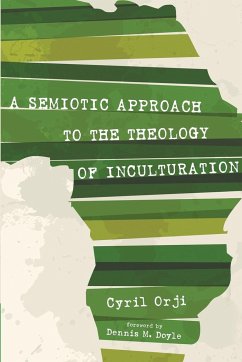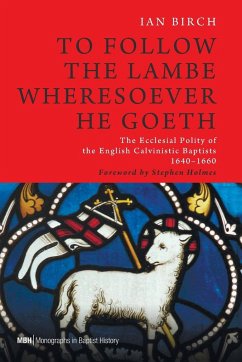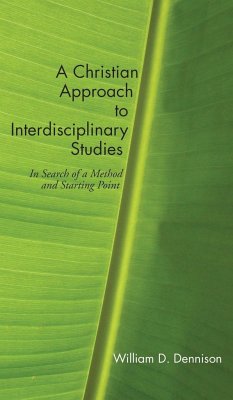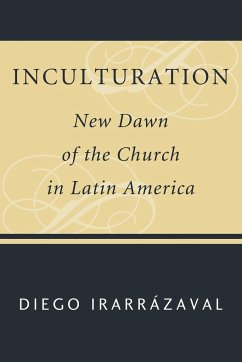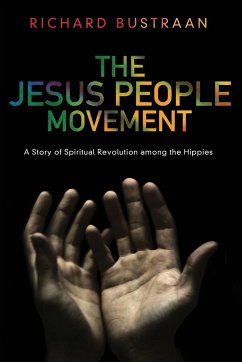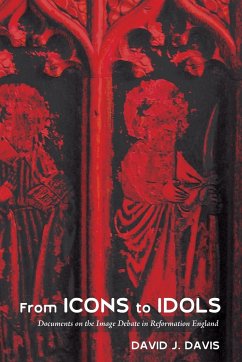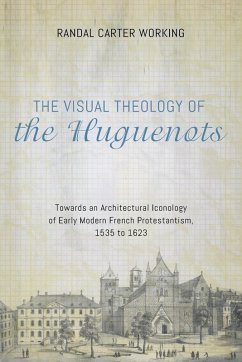This book argues that though it is a difficult and delicate task, inculturation is still a requisite demand of a World Church and that without it the church is unrecognizable and unsustainable. The book also suggests that the past failures of inculturation experiments in Africa can be overcome only by critically applying the science of semiotics, which can serve as an antidote to the nature of human knowing and reductionism that characterized earlier attempts to make Christianity African to the African. Drawing from the semiotic works of C. S. Peirce, Clifford Geertz, and Bernard Lonergan, the book shows why semiotics is best suited to an African theology of inculturation and offers ten pinpointed precepts, identified as ""Habits,"" which underline the attentiveness, reasonableness, and responsibility required in a semiotic approach to a theology of inculturation. The ""Habits"" are also akin to the imperatives inherent in the notion of catholicity--that catholicity is not identified with uniformity but with reconciled diversity, and also that catholicity demands different forms in different places, times, and cultural settings.
Bitte wählen Sie Ihr Anliegen aus.
Rechnungen
Retourenschein anfordern
Bestellstatus
Storno

